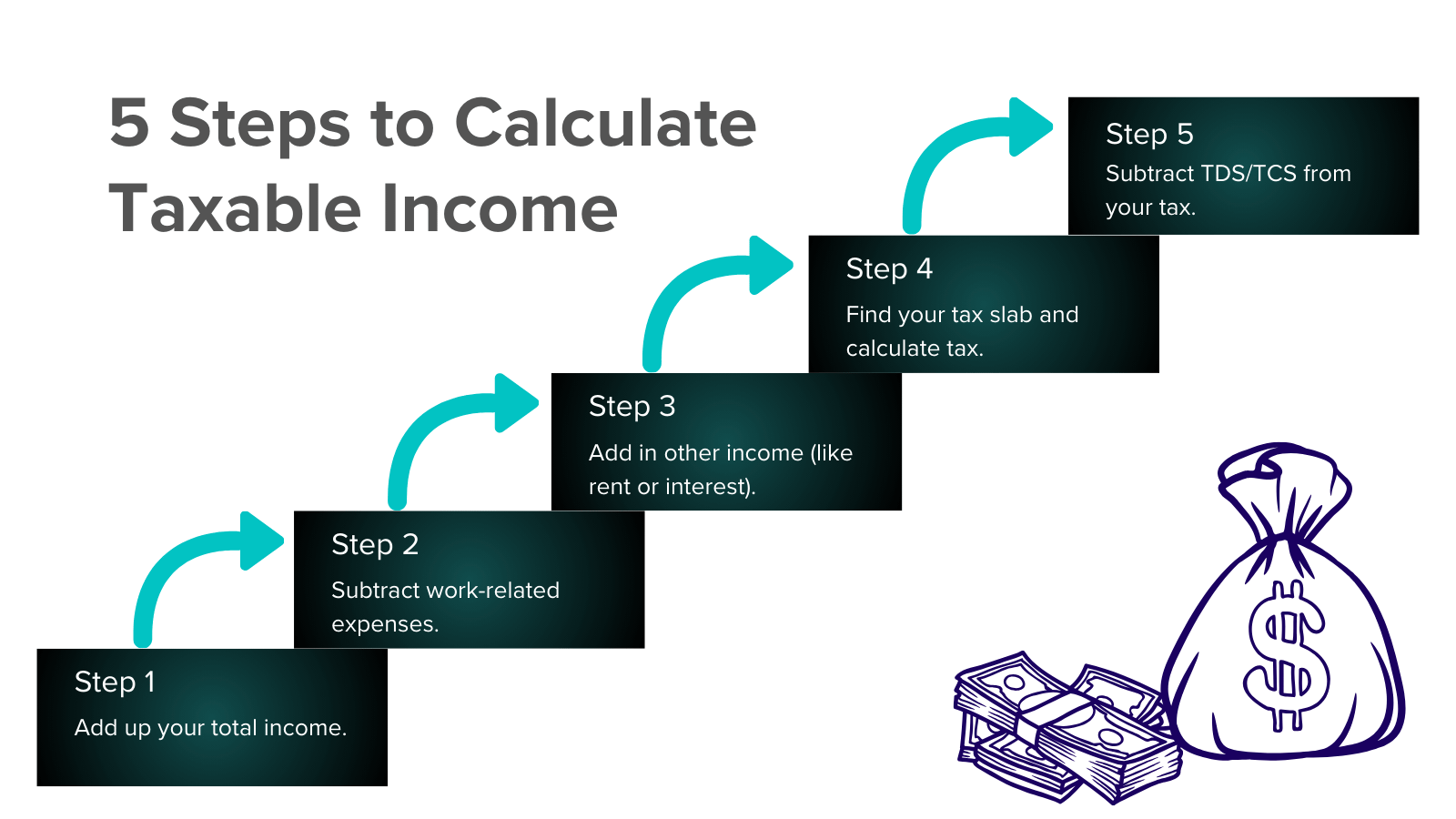Introduction
Freelancing offers flexibility, independence, and the potential for significant earnings. However, one of the biggest challenges freelancers face is tax management.
Without a proper tax-saving strategy, freelancers may end up paying more than necessary. The good news is that there are several legal ways to minimize tax liability and maximize savings.
This article will explore tax-saving strategies for freelancers in 2025, helping you make informed financial decisions while staying compliant with tax regulations.

Understand Your Tax Obligations
Freelancers are typically considered self-employed by tax authorities. This means they must:
- Report all earnings and expenses.
- Pay self-employment tax (which covers Social Security and Medicare contributions).
- File estimated taxes quarterly.
- Keep thorough financial records.
Understanding your tax bracket and applicable deductions can significantly impact your tax burden.
Separate Personal and Business Finances
A critical mistake many freelancers make is mixing personal and business finances. Open a separate business bank account and get a business credit card to track income and expenses efficiently.
This will:
- Simplify tax filing.
- Provide clear documentation in case of audits.
- Help categorize deductible expenses.

Take Advantage of Tax Deductions
Deductions lower your taxable income, reducing your overall tax liability. Here are some key freelancer tax deductions:
a) Home Office Deduction
If you use a dedicated space in your home for work, you may qualify for the home office deduction. You can deduct:
- A portion of rent or mortgage interest.
- Utilities such as electricity, water, and internet.
- Home office supplies and furniture.
b) Equipment and Software
Freelancers often require laptops, printers, software, and other tools. These business expenses can be fully deducted in most cases.
c) Internet and Phone Bills
If you use your internet and phone for work, a portion of these costs can be deducted. Ensure you keep detailed records of business-related usage.
d) Travel and Meals
If you travel for business, you can deduct transportation, lodging, and meals. However, these must be necessary and directly related to your work.
e) Health Insurance Premiums
As a freelancer, you may qualify for deductions on health insurance premiums for yourself and your dependents.
f) Professional Services
Payments made to accountants, lawyers, virtual assistants, or consultants are deductible business expenses.
Contribute to Retirement Accounts
Freelancers do not have employer-sponsored retirement plans, but they can still save for retirement while lowering taxable income. Consider contributing to:
- SEP-IRA (Simplified Employee Pension IRA) – Contributions are tax-deductible.
- Solo 401(k) – Higher contribution limits for self-employed individuals.
- Traditional or Roth IRA – Provides tax benefits based on income level.
Track Your Expenses with Accounting Software
Using accounting software helps automate tax calculations, track expenses, and generate tax reports. Some popular options include:
- QuickBooks Self-Employed
- FreshBooks
- Wave
- Xero
Maintaining accurate records ensures you maximize deductions and stay audit-ready.
Make Estimated Tax Payments
Since freelancers do not have taxes withheld from their paychecks, they must make quarterly estimated tax payments to the IRS. Missing these payments can result in penalties. To calculate:
- Estimate your annual income and tax liability.
- Pay taxes every April, June, September, and January.
- Use the IRS Form 1040-ES to submit payments.
Work with a Tax Professional
While DIY tax filing is possible, hiring a tax professional or CPA can help you:
- Identify additional tax deductions.
- Avoid common tax pitfalls.
- Optimize your tax-saving strategy.
A professional ensures accurate tax filing, reducing the risk of audits and penalties.
Forming an LLC or S-Corp for Tax Benefits
Depending on your earnings, forming an LLC or S-Corp can provide significant tax benefits:
- LLC (Limited Liability Company) offers legal protection and may allow pass-through taxation.
- S-Corporation (S-Corp) allows freelancers to pay themselves a reasonable salary while saving on self-employment taxes.
Consult with a tax professional to determine the best structure for your business.
Utilize Tax Credits
Tax credits directly reduce the amount of tax owed. Some credits freelancers may qualify for include:
- Earned Income Tax Credit (EITC) – If you meet income requirements.
- Lifetime Learning Credit – For job-related education expenses.
- Self-Employed Health Insurance Deduction – For medical costs.
Stay Updated on Tax Law Changes
Tax laws change frequently, and staying informed helps freelancers take advantage of new deductions, credits, and regulations. Follow updates from:
- IRS official website (www.irs.gov)
- Freelancer financial blogs
- Professional tax consultants
Conclusion
Freelancers can legally reduce their tax liability by leveraging deductions, making estimated tax payments, contributing to retirement accounts, and using the right business structure. With proper financial planning and organization, you can maximize earnings while staying compliant.
By implementing these tax-saving strategies for freelancers in 2025, you’ll ensure better financial security and increased take-home income.
















